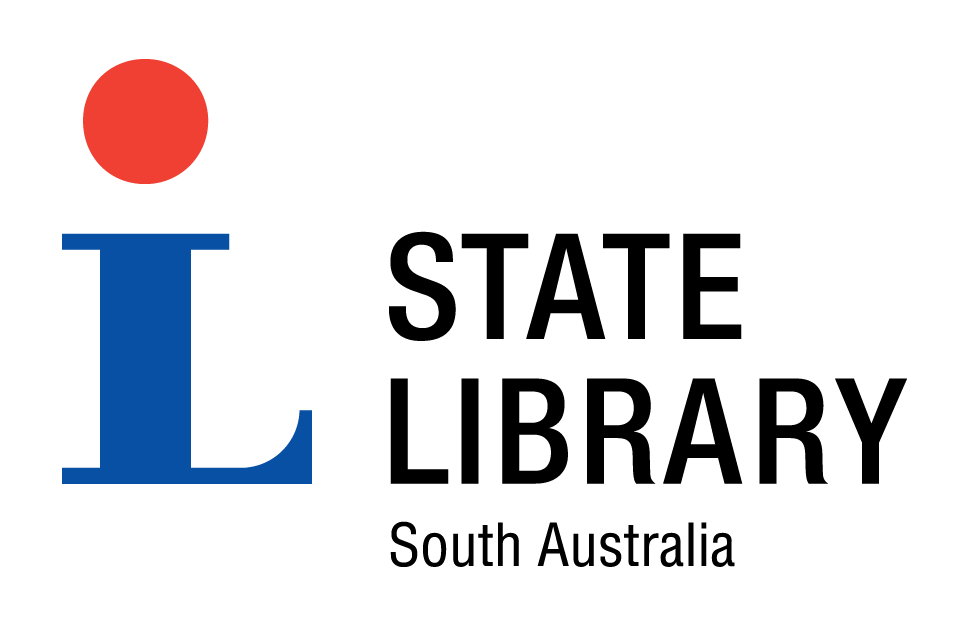
Religion : Politics and religion
Although most of the founders of the British colony of South Australia were Christians, it was felt that a firm separation of government and religion in the new province was essential. At the same time that the South Australian Company was floated in early 1836, the 'South Australian Society' or 'Friends of South Australia' was established. This group was very influential in supporting this principle, particularly as two of its members - Charles Hindley and Henry Waymouth - were prominent in the cause of religious equality in Britain.
For this reason South Australia was the only Australian colony in which the Church of England was not the established church and received no public funding - apart from a late clause from British Parliament requiring the appointment of a (Church of England) Colonial Chaplain. This situation changed when Governor Robe, through the ordinances of 1846/47, provided for state aid to churches and church schools. Many churches that were struggling to erect buildings and pay ministers reluctantly accepted the money. This aid was to become the major platform issue in the 1851 elections for representatives to the Legislative Council. One of the Council's first pieces of legislation made South Australia the first British colony to exclude churches from any claim on the public revenue.
The Congregationalists, though small in number, were an influential group in the early years of the colony. They staunchly supported a complete separation of church and state, and political democracy - refusing the early government grants. In the 1870s the Congregationalist sponsored several Parliamentary Bills for free state schools. Although unsuccessful, the 1875 Education Act strongly embodied their principles for secular education.
Premier Kingston's 1896 referendum regarding government funding for church schools firmly secularised the relations between government and religion, but did not silence those lobbying for the reading of the Bible in state schools. From this time onwards the emergence of political parties meant that lobbyists had to work much harder to convince entire parties, rather than just individual politicians, to take up their causes. In 1902 Bishop Harmer formed the Religious Education in State Schools League, which within 12 months had 21,000 members. Despite all this, it was not until 1940, through an initiative of Catholic Archbishop Matthew Beovich, and under Premier Tom Playford, that an Act allowing for religious education in state schools was passed. Unfortunately, the result was not ideal, and the Methodist Church withdrew from the scheme in 1968. In 1974 the practice was discontinued.
The churches' major political lobbying in this period was around issues of social welfare, and against the ill effects of liquor and gambling, where they were more influential. Zealous individual Christians agitated unceasingly for greater religious influence in government, succeeding only in obtaining a prayer being said at the opening of Parliament. In 1986 Anne Levy, first female President of the Legislative Council, as a professed humanist sought to avoid the custom of Christian prayers at the opening of Parliament, but was thwarted by a vote from the floor.
The rise of the Labor Party led to some churches considering socialism and the church's role in social justice. The Christian Social Order Movement, formed through the work of the Anglican clergyman William Coughlan in New South Wales in 1943, did not have much influence on South Australian Anglicans. Individuals such as Paul McGuire had a greater effect, being recognised internationally for his work on international politics and Catholic social teaching. The Liberty League, with social philosophies based on theories of Christian Socialism, also had more influence. The League had a South Australian branch and put forward a political candidate in the 1970s.
Many active church members have been members of the South Australian Parliament. Premiers Sir John Colton, Sir Frederick Holder, Thomas Price and John Verran were all Methodist lay preachers. Similarly, several prominent religious men - particularly members of the Hebrew congregation-have been Mayors of Adelaide. The most recent being Henry Ninio (1993-1997). Since the end of the 20th century, groups with an avowed religious basis, such as the Family First party, have successfully nominated members for election to Parliament.
Almond, PC and PG Woolcock, eds. Dissent in paradise : religious education controversies in South Australia, Magill: Murray Park College of Advanced Education, 1978
Pike, Douglas. Paradise of dissent : South Australia 1829-1857, London: Longmans, Green and Co., 1957
Items 1 - 12 of 12














